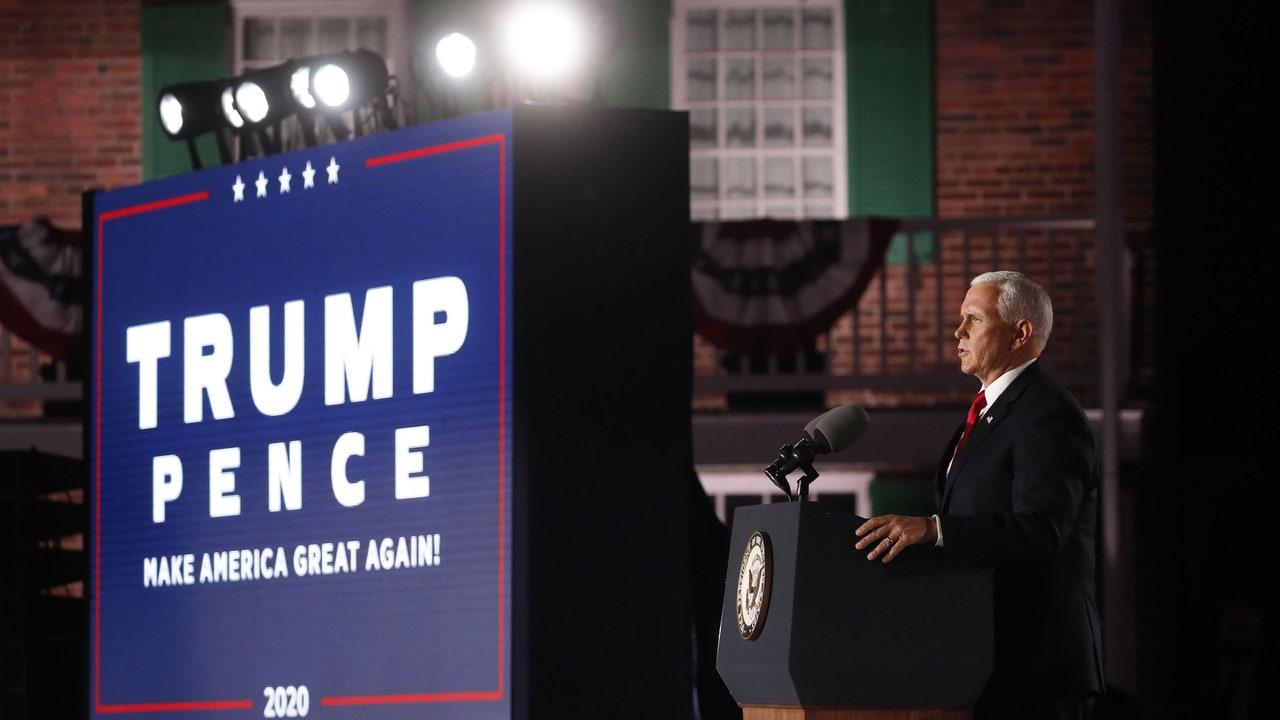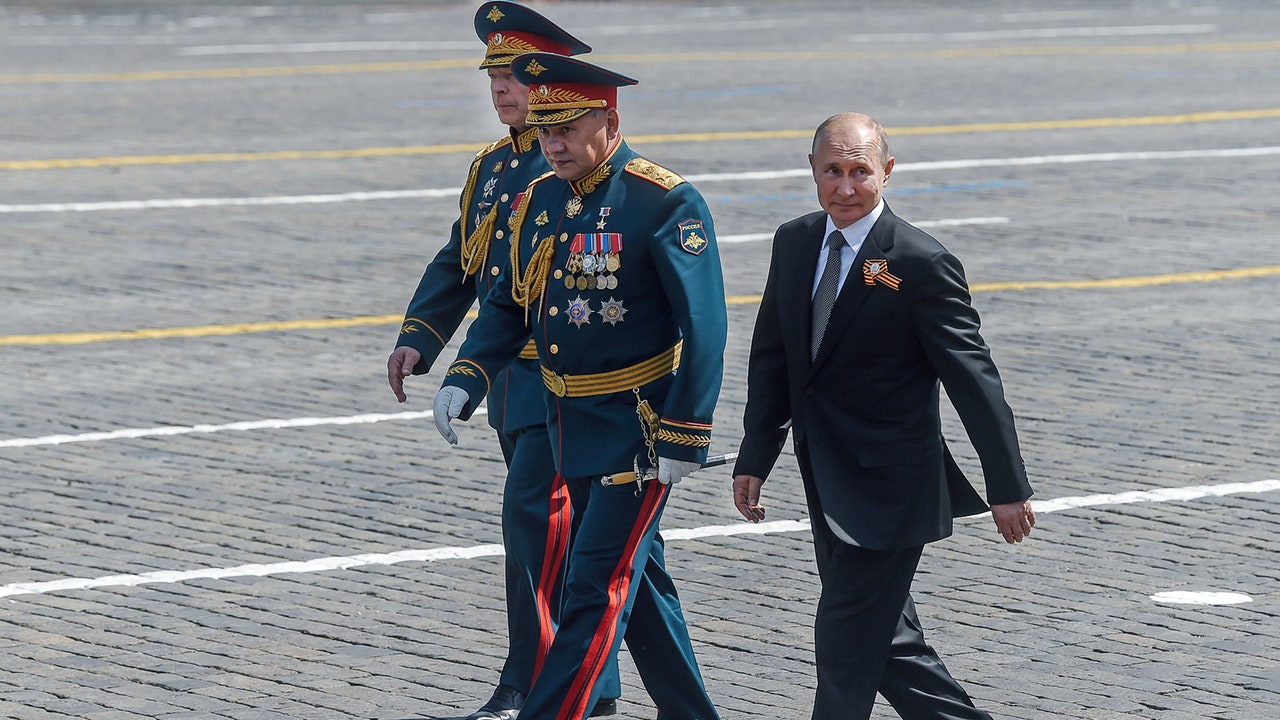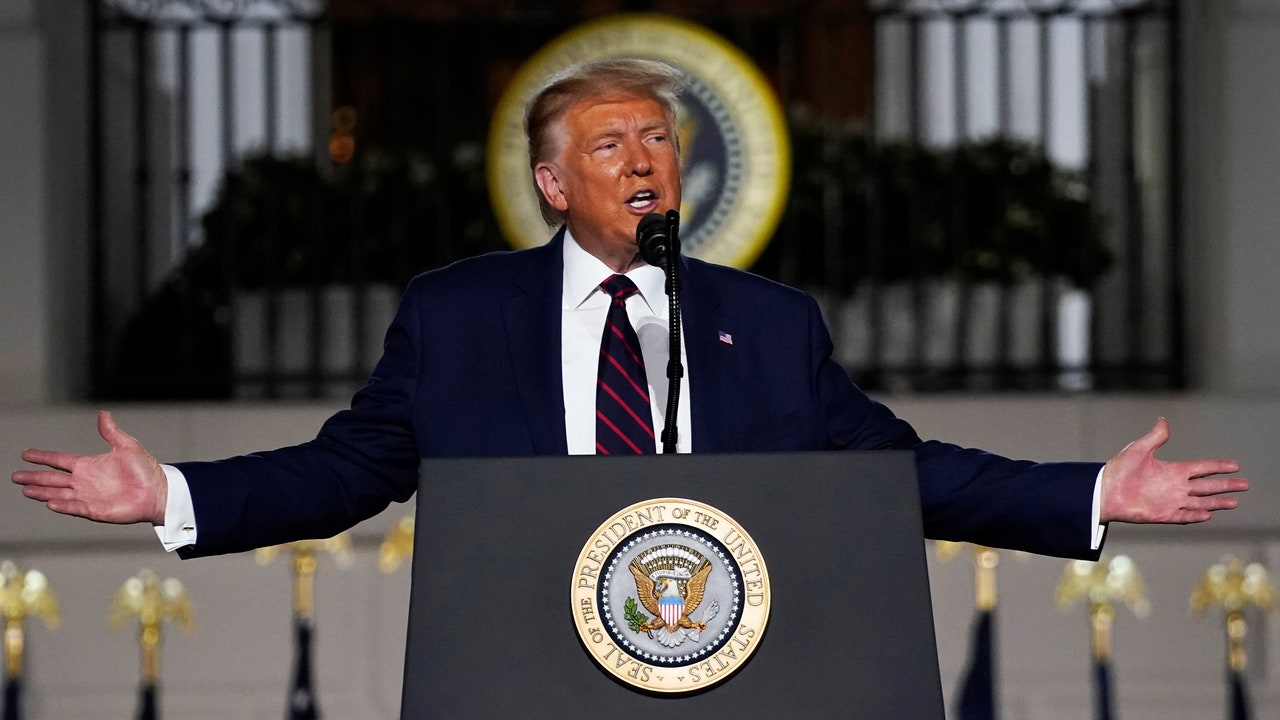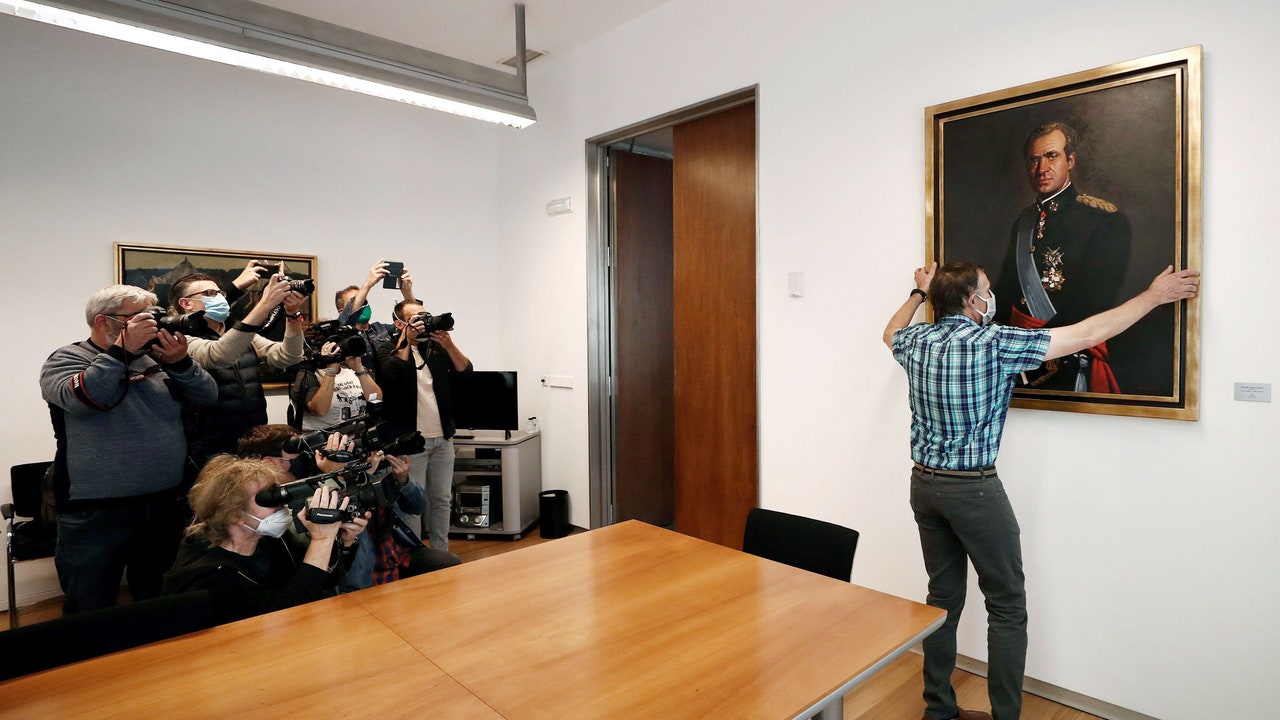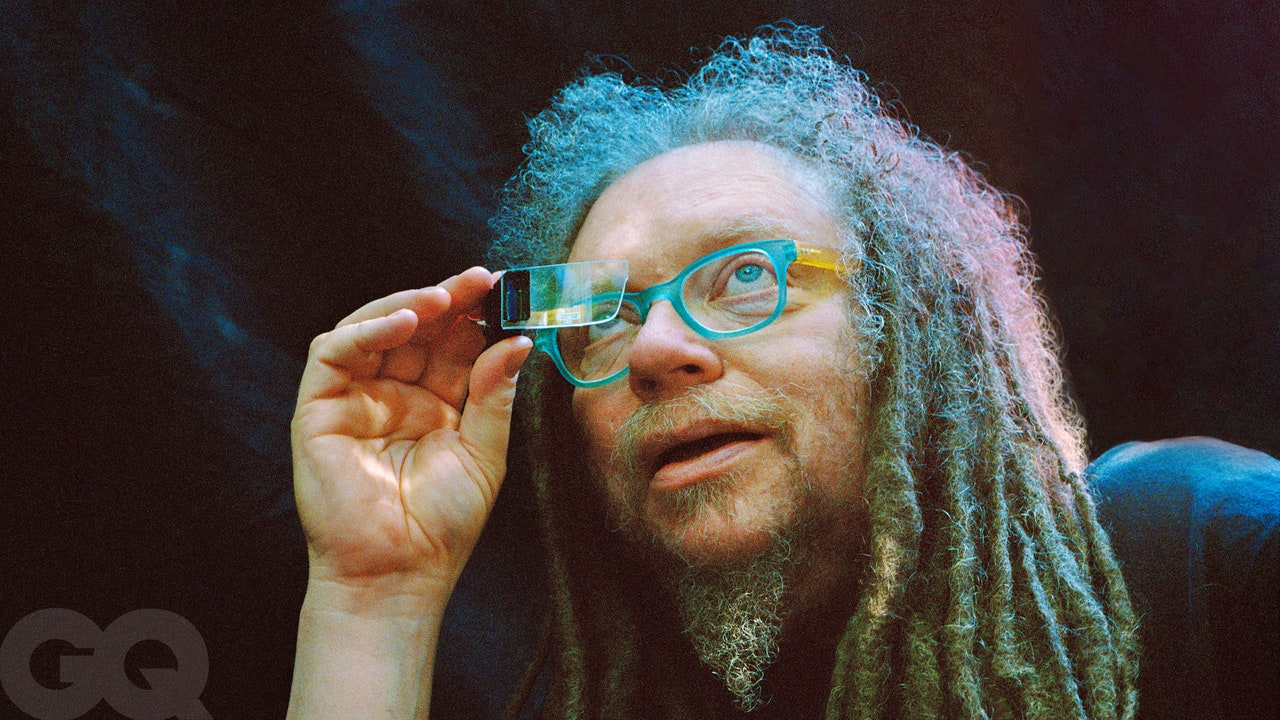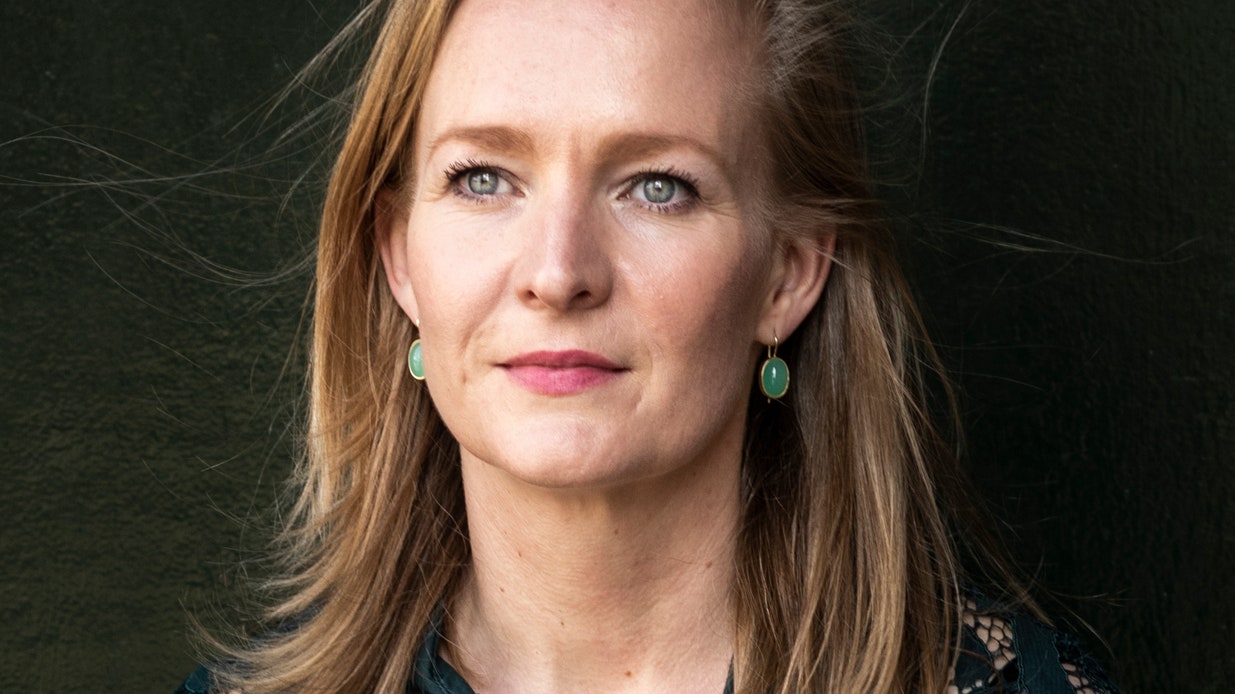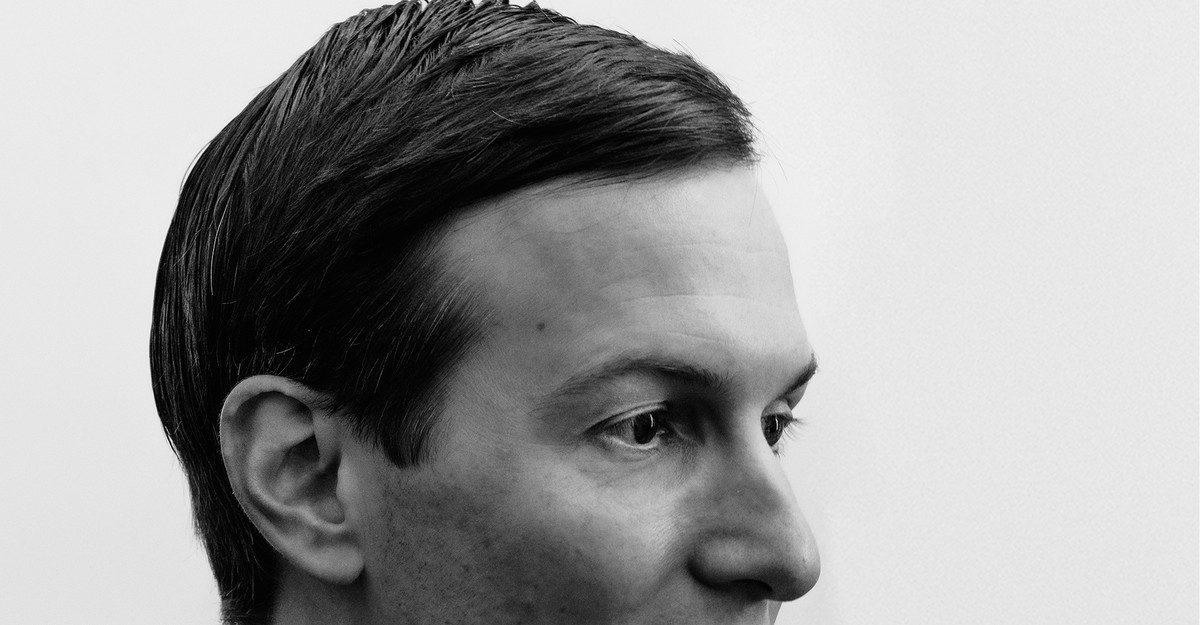Opinion | Republican Convention: Best and Worst Moments From Mike Pence Night (Published 2020)
Our columnists and contributors give their rankings.
Link: https://www.nytimes.com/2020/08/27/opinion/rnc-best-worst-night-3.html
Matt Labash Like most Americans, I lost sleep, staying up all night waiting to receive the words of the electrifying Mike Pence. (JK! I’d rather watch fingernails grow.) I wouldn’t buy a used Hyundai from this guy, let alone buy what he tells me about Donald Trump. He is the perfect embodiment of insincere sincerity. He doesn’t believe a word he says, and I don’t either. The only thing he believes in any longer is how high D.J.T. tells him to jump — over the shark, over the chasm of respectability, etc. The greatest gift Donald Trump has given us, is making Mike Pence completely unviable to be a future president of the United States. For that, we owe him.
